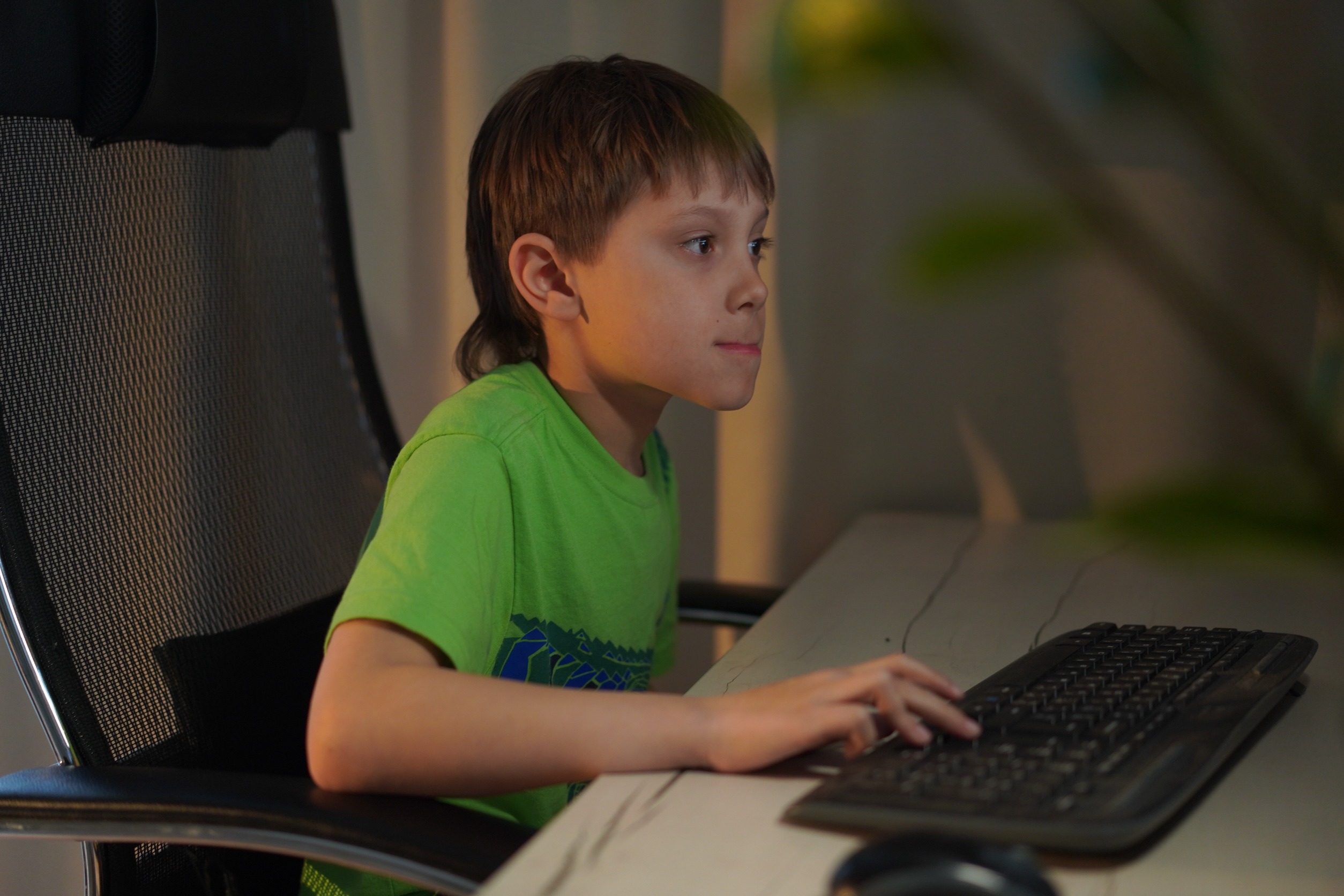It may sound odd to you, but there’s a huge digital divide in America. In fact, over 40 million Americans live without access to reliable internet. As COVID-19 forces more individuals to work remotely and families to navigate distance learning for their children, the need for access to broadband internet in all areas of the U.S. is abundantly clear.
The question now begs to be answered: should internet access be a basic human right? Whether in rural Kentucky or urban Michigan, socioeconomic disadvantage plays a key role in the digital divide that exists between the “haves” and the “have-nots.”
Nowhere is this more apparent than in Detroit, which suffers from one of the sharpest divides in the country due to lack of affordability. As many as 40 percent of Detroit residents do not have an internet connection in their homes.
While the COVID-19 pandemic has had devastating effects all over the world, it’s also forcing people to take action against important issues like these which are long overdue for action.
When stay-at-home orders went into effect in Detroit, students across the country faced new disadvantages. While many school districts focused on short-term solutions, like getting tablets to students for the remainder of the semester, the Detroit public school system set to work on a plan to get students and their families connected for good.
So in June, Detroit public schools began sending out tablets to every public school student in the district, totaling 51,000 devices. Each tablet comes with a free, six-month internet plan and tech support for a year. After the free period, families can either transition to a low-cost internet plan or request additional support from the school district.
It’s a solution, but one that comes with a $23 million price tag. How can solutions like these be applied at a nationwide scale? Connecting 40 million Americans to broadband internet is a challenge that will take years of work, massive funding, and vast political support. Still, it’s something that needs to be done.
As we become increasingly reliant upon the internet for a number of critical components of our lives, we need to begin considering the possibility that internet access is a basic human right.












